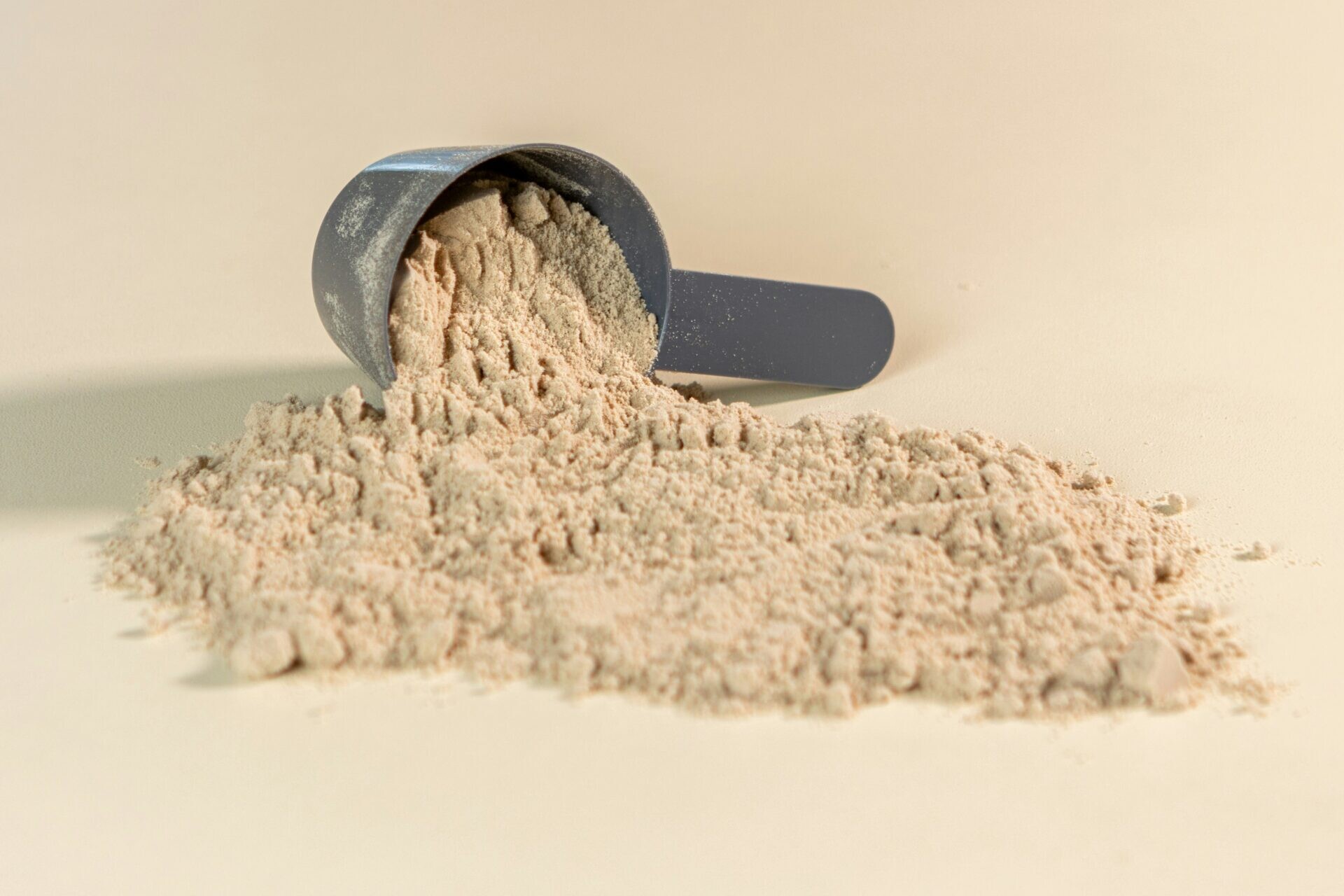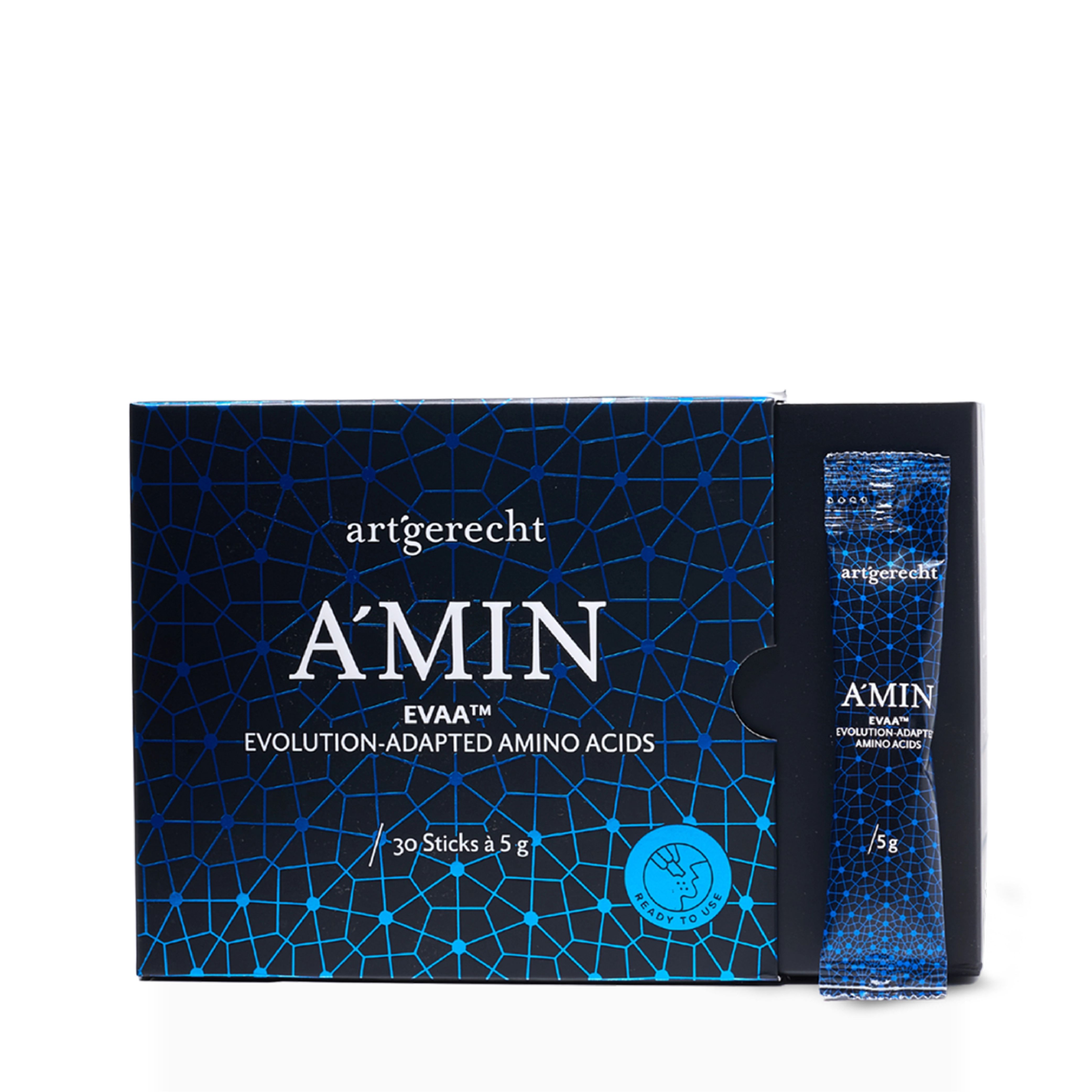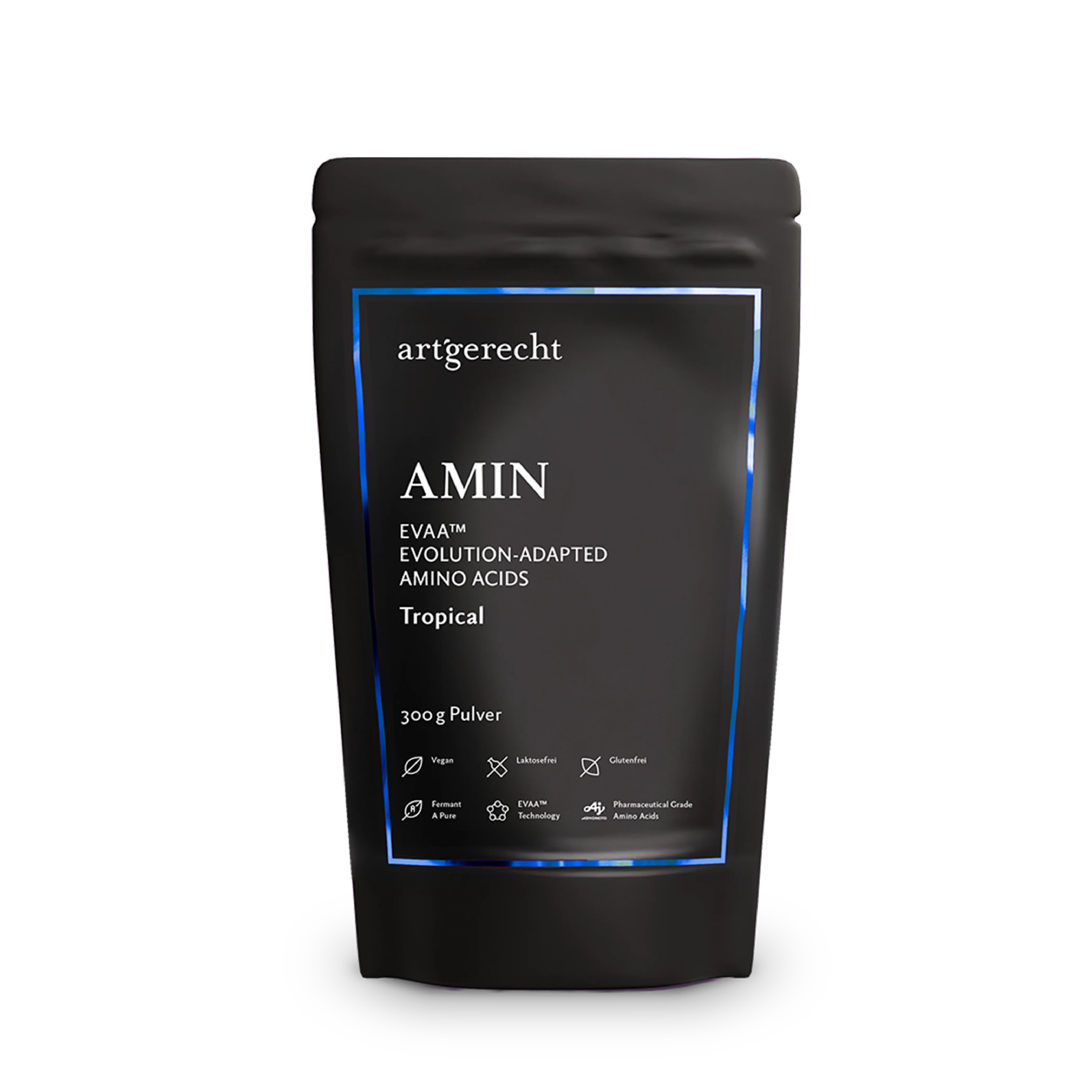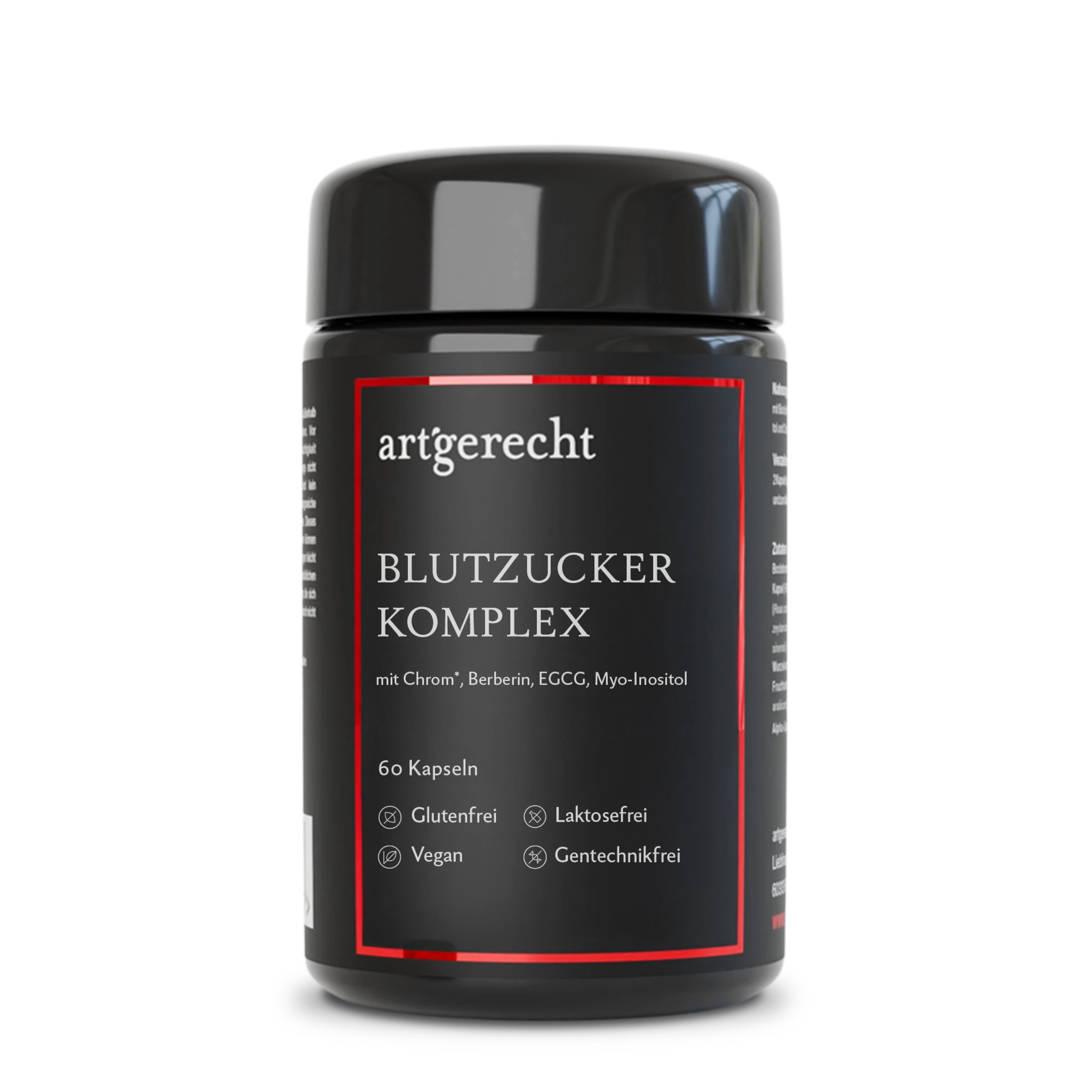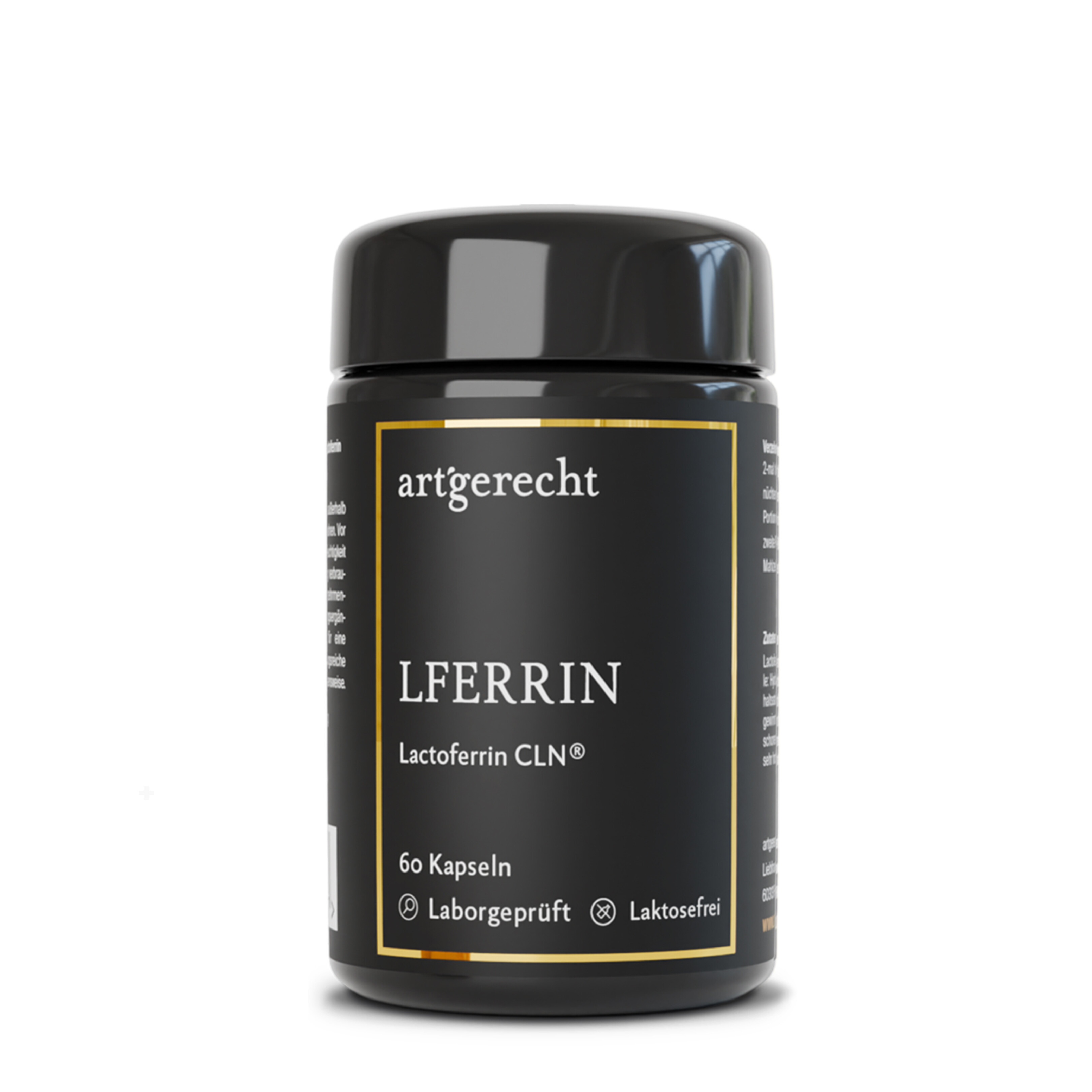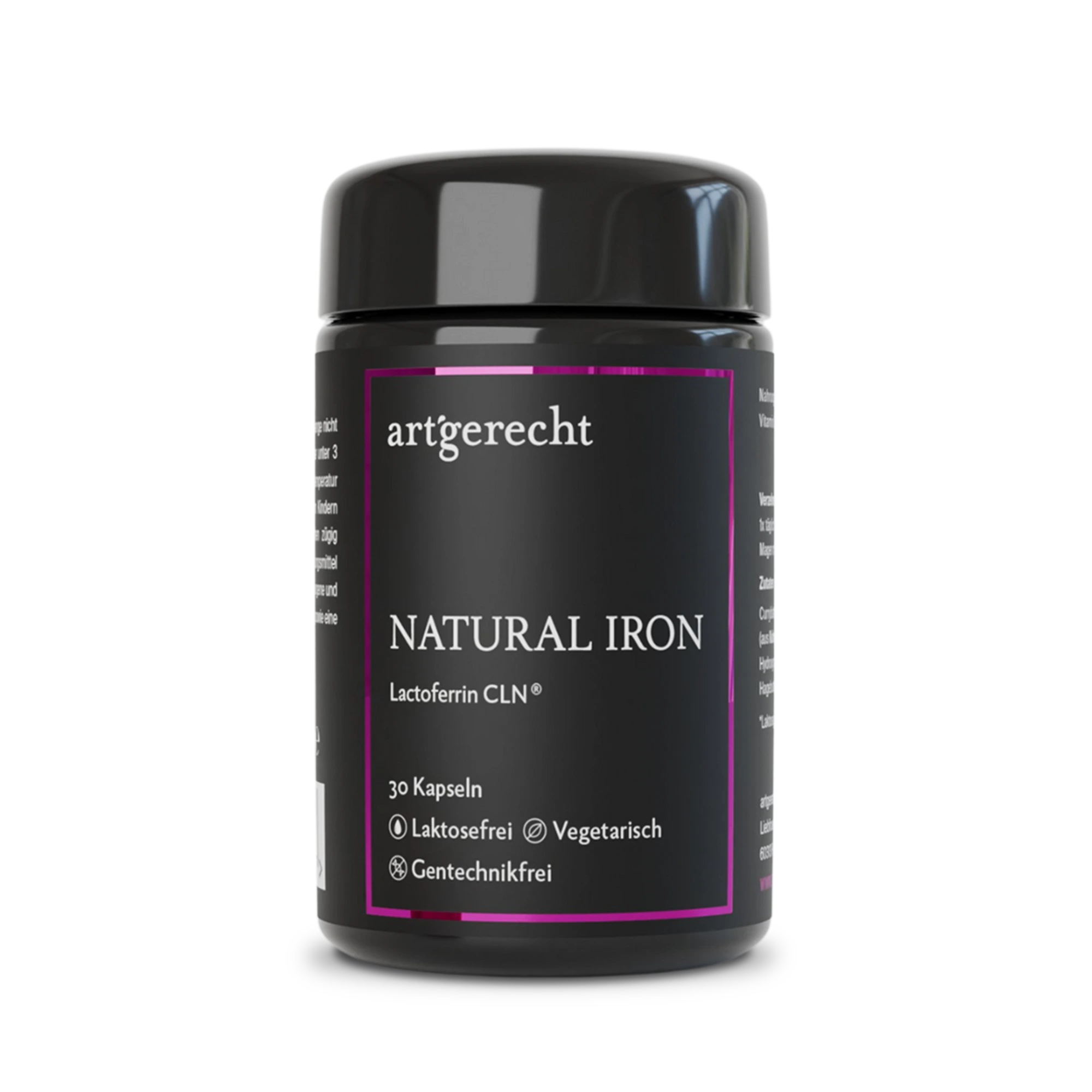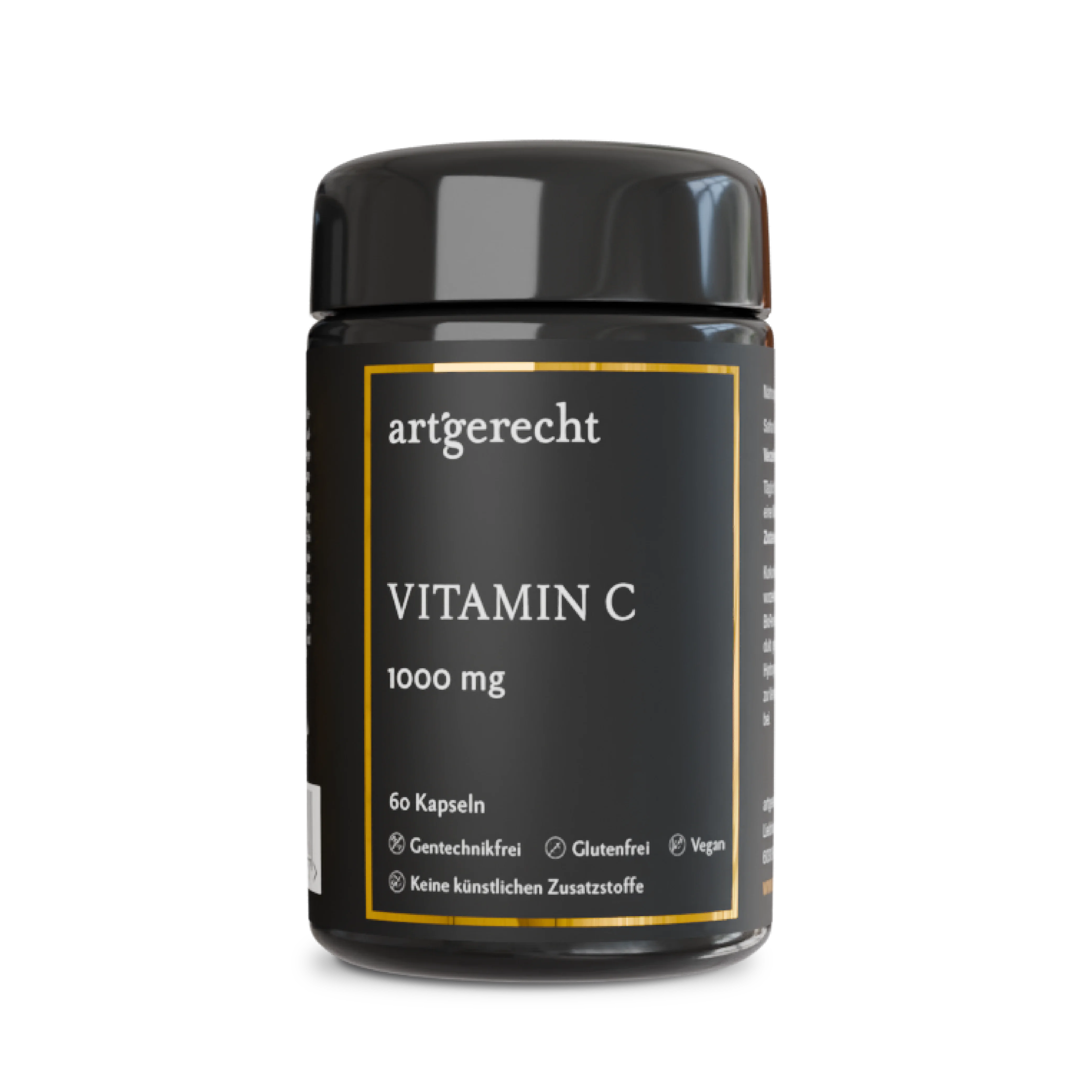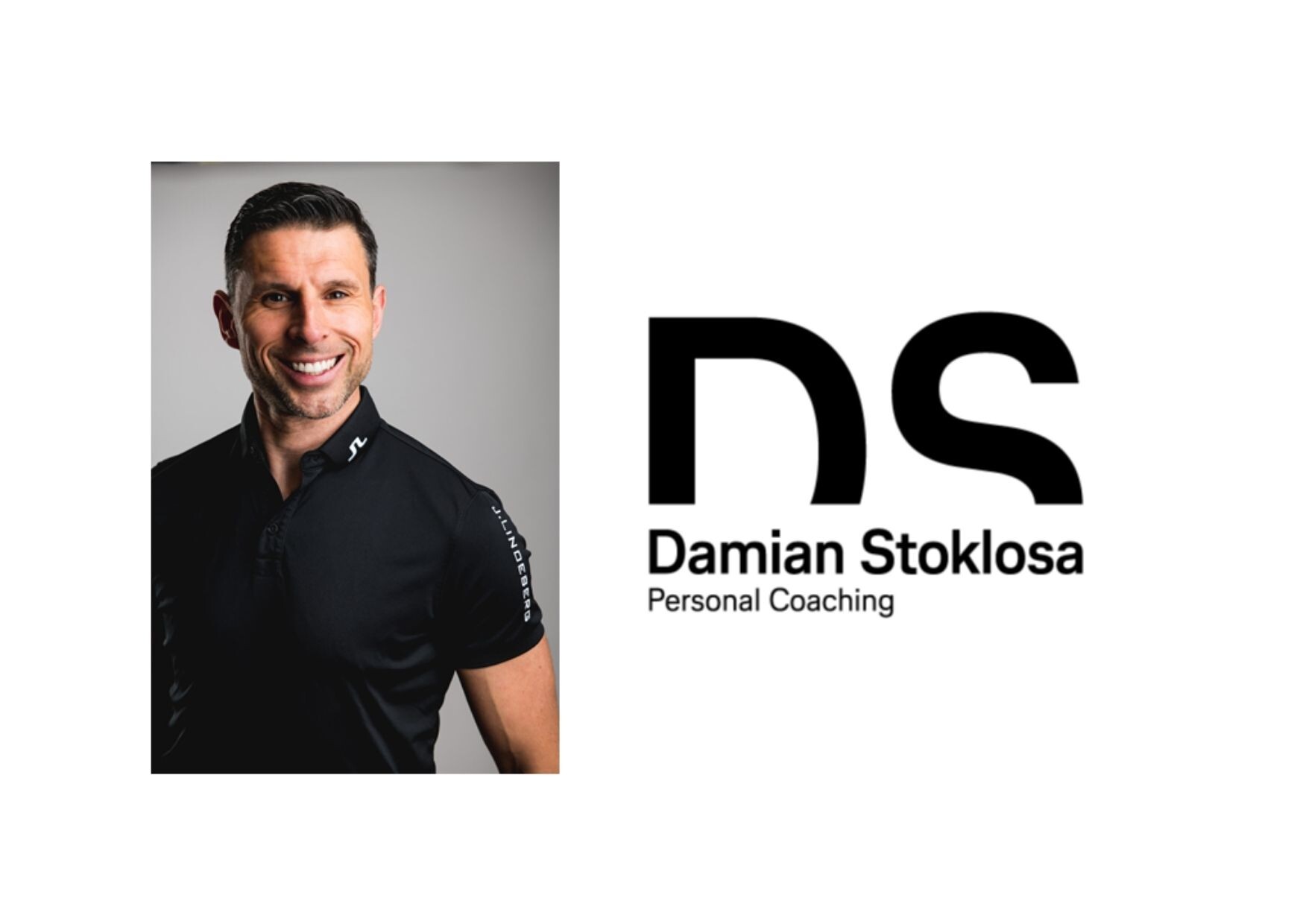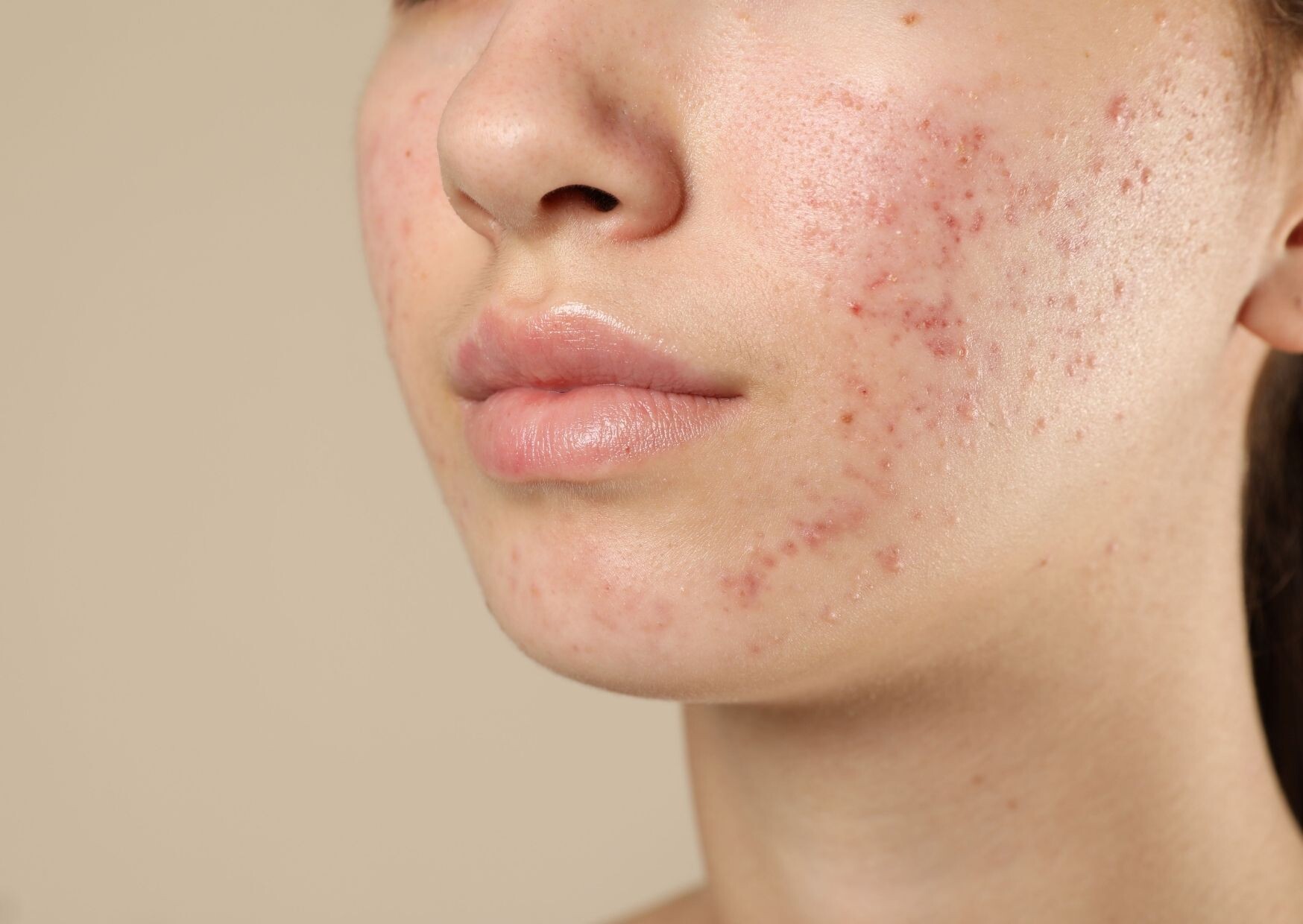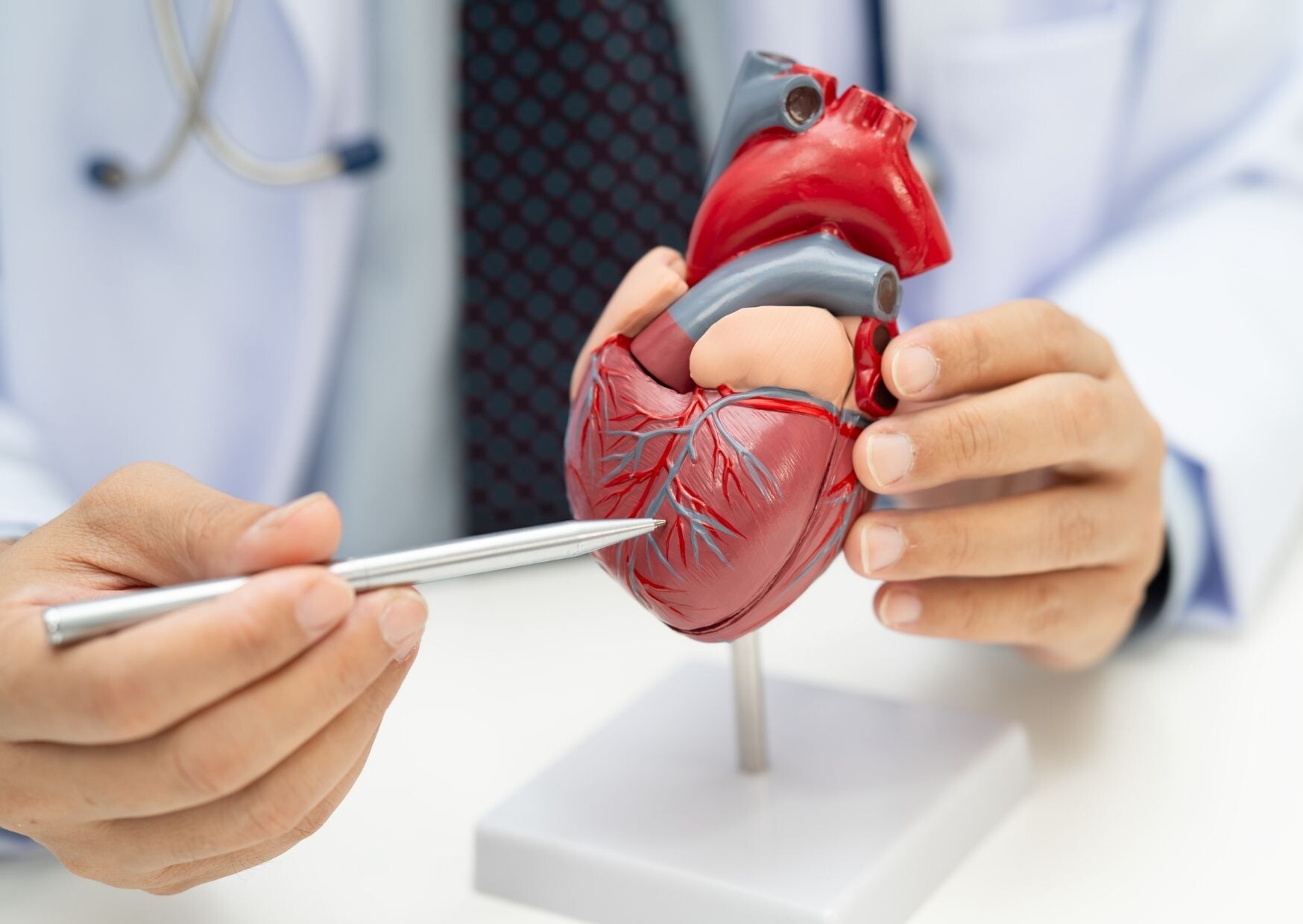- How clean is your protein powder really?
- Where do heavy metals in protein powders come from?
- Risk-assessment – How dangerous is consumption really?
- Plant vs. animal protein powders – which are more polluted?
- How can you protect yourself from heavy metals in protein powders?
- AMIN von artgerecht – Ein Beispiel für geprüfte Qualität
How clean is your protein powder really?
Protein shakes are an integral part of the diet for many people - but what if they contain more than just protein? A recent study shows that some protein powders contain increased amounts of heavy metals such as lead, cadmium and arsenic, which can damage health in the long term.
How do these substances get into the products? Which proteins are particularly affected? And how can you be sure that your shake does not contain any hidden risks?
Where do heavy metals in protein powders come from?
Protein powders are a popular source of protein, but the study (PMC7509468) shows that some products contain heavy metals. These get into the powders through natural and industrial processes. Natural causes lie in the raw materials themselves. Plants such as rice, peas or soy absorb heavy metals from the soil, especially in polluted growing areas.Rice protein often contains arsenic, as rice stores this metal via the water.Pea and soy protein tend to have higher cadmium levels, as legumes absorb heavy metals particularly well. Whey protein can also contain traces of cadmium when cows are fed contaminated feed, but is usually less affected.
Industrial causes arise during processing: extraction and drying processes can introduce metals from production machines into the powder. Packaging is also a possible source, especially cheap plastic or aluminum packaging, which can release heavy metals.
Risk-assessment – How dangerous is consumption really?
The contamination of protein powders with heavy metals poses a serious health risk, especially for people who regularly consume them in high quantities. An investigation by the Clean Label Project found that many protein powders tested contained elevated levels of lead, cadmium, arsenic and mercury. The study “A human health risk assessment of heavy metal ingestion among consumers of protein powder supplements” confirms this problem and shows that long-term exposure can gradually cause health problems. [2]
Athletes are particularly affected as they often consume high quantities of protein powders. Cadmium, which accumulates in the body over decades, puts a strain on the kidneys, which are already heavily stressed by a protein-rich diet. Harvard Medical School also warns that lead and arsenic promote oxidative stress and cell damage, which can impair recovery and performance. In the long term, exposure to heavy metals can increase the risk of kidney damage, neurological disorders and bone disease. [2]
Pregnant women should be particularly careful, as heavy metals are passed on to the unborn child via the placenta. According to Harvard Medical School, lead can lead to developmental disorders, learning difficulties and low birth weight. Cadmium can impair bone formation, while arsenic is associated with an increased risk of birth defects;for malformations and later cancers .
People with kidney problems are also at high risk as heavy metals are excreted through the kidneys. Prolonged exposure to cadmium can lead to chronic kidney damage and increase the need for dialysis
Plant vs. animal protein powders – which are more polluted?
Studies such as (PMC7509468) and the Clean Label Project show that plant-based protein powders tend to have higher heavy metal levels than animal-based ones. Plants such as rice, peas and soy absorb heavy metals directly from the soil, with rice being particularly contaminated with arsenic and pea and soy protein often containing more cadmium.
Animal proteins such as whey or casein protein generally have lower levels, as heavy metals are not stored directly in the milk. Nevertheless, they can also contain traces, depending on the feed quality of the animals. According to the Clean Label Project, some plant-based protein powders contain twice to three times higher levels of lead and cadmium compared to whey protein.
How can you protect yourself from heavy metals in protein powders?
Rely on tested products
Protein products that have been tested for heavy metals by independent laboratories offer greater safety. High-quality manufacturers publish their test results and guarantee better purity. Cheap products often contain higher levels of heavy metals, while brands with strict controls generally offer better quality and less contamination.
Create variety in your protein intake
An unbalanced diet increases the risk of heavy metal intake from a single source. A mixture of plant and animal proteins and natural protein sources such as eggs or pulses helps to reduce the risk.
The Kölner List® – an independent laboratory analysis
The Kölner Liste® is an independent initiative that tests food supplements for banned and doping-relevant substances. The aim is to offer consumers greater safety and transparency, as food supplements may in some cases be contaminated with illegal substances.
artgerecht and other manufacturers who wish to have their products included in the Kölner Liste® subject them to independent laboratory analysis. To this end, we generally work together with renowned testing bodies such as the Center for Preventive Doping Research at the German Sport University Cologne. Only products that are proven to be free of doping-relevant or toxic substances are included in the Kölner Liste®.
AMIN von artgerecht – Ein Beispiel für geprüfte Qualität
Our AMIN amino acid complex is an outstanding example of the highest purity and quality in the field of dietary supplements. While many protein products can potentially be contaminated with heavy metals, AMIN is regularly tested by independent laboratories. Thanks to a natural fermentation process, the product achieves a purity level of over 99% and is free from undesirable impurities. A special feature of AMIN is its inclusion in the Kölner Liste®. As inclusion in the Kölner Liste® and the associated laboratory tests are voluntary, all customers of artgerecht are offered the highest quality with complete transparency.
[1] https://pmc.ncbi.nlm.nih.gov/articles/PMC7509468/
[2] https://www.health.harvard.edu/staying-healthy/the-hidden-dangers-of-protein-powders
[3] https://www.koelnerliste.com/

